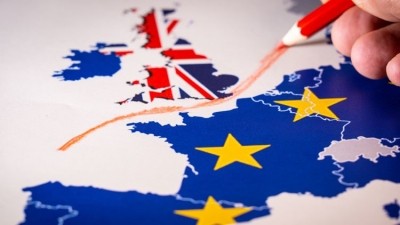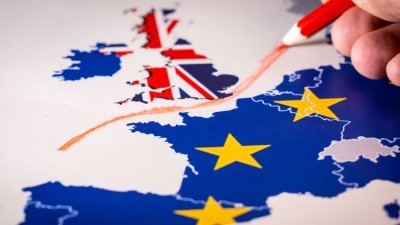No deal Brexit 'could wipe £5.4bn off the UK eating out market'

Figures from its latest research suggest that a disruptive no deal Brexit will slash at least £3.4bn off the forecasted value of the UK’s eating out market in 2020, and that a disorderly no deal Brexit could cut reduce the market by £5.4bn.
In the disruptive scenario, tariffs and other barriers to trade between the UK and EU are introduced suddenly. There is some disruption at the border associated with re-certification of products. No new trade deals are implemented within the five year period, but the UK replicates existing deals acquired by virtue of EU membership.
In the disorderly scenario, the UK loses existing trade arrangements that it currently has with non-EU countries through membership of the EU and reverts to WTO terms. The UK’s border infrastructure is assumed to be unable to cope smoothly with customs requirements and there is severe disruption at the border.
The UK eating and drinking out market has already lost £1.4bn in value as a result of the Brexit vote, according to economic estimates by MCA Insight. This equates to a contraction of 1.9%, with adrop in eating out frequency driven by low consumer confidence a key reason for this.
“It is clear that Brexit has already had a detrimental impact on the UK eating out market, however our forecasts predict even bigger problems if the UK leave the European Union without a deal,” says Daljit Johal, the data scientist at MCA Insight who conducted the research,
“A no deal Brexit will have clear implications on consumer confidence and spend. Rising inflation as a result of increased input prices will squeeze household incomes at a time when consumers are limiting discretionary spend. Saving is currently at a record low, however we expect this to change as precautionary consumers save due to economic uncertainty. ”
The forecast was calculated using the ‘synthetic control method’, a statistical technique which uses a machine learning algorithm, with analysis of MCA Insight’s Operator Data Index.















